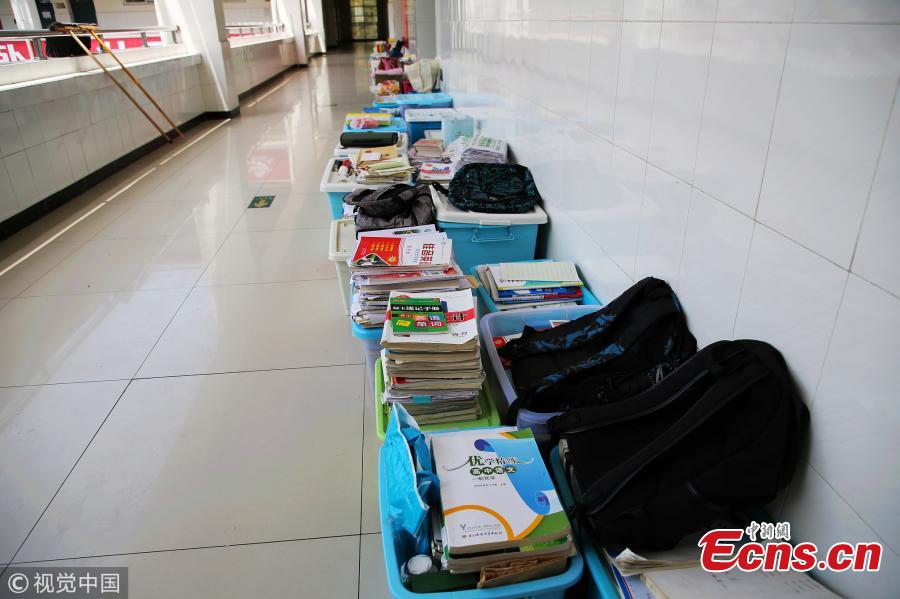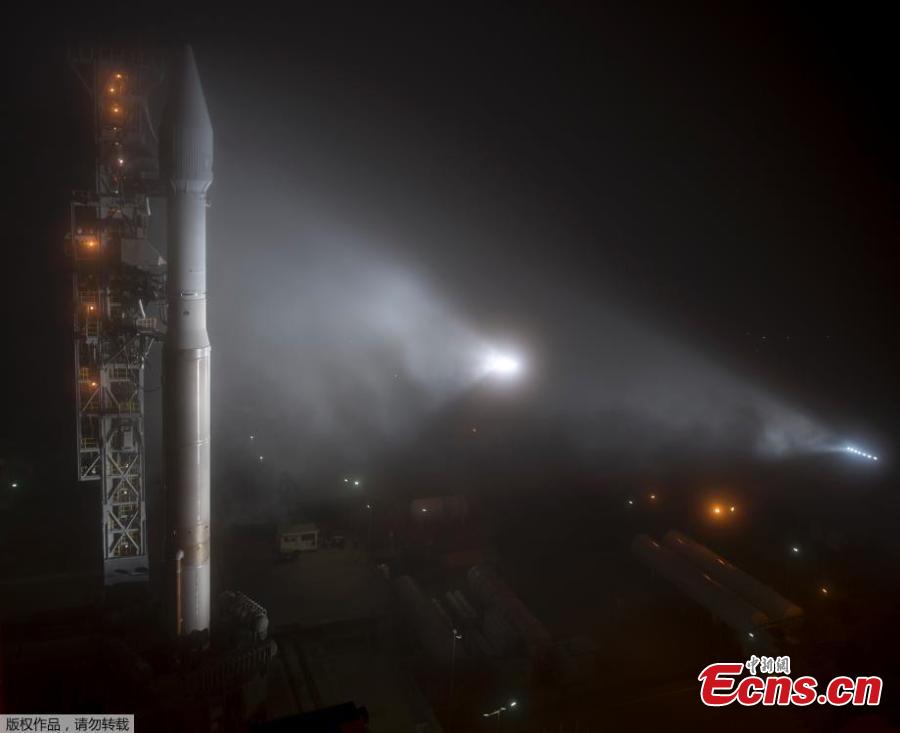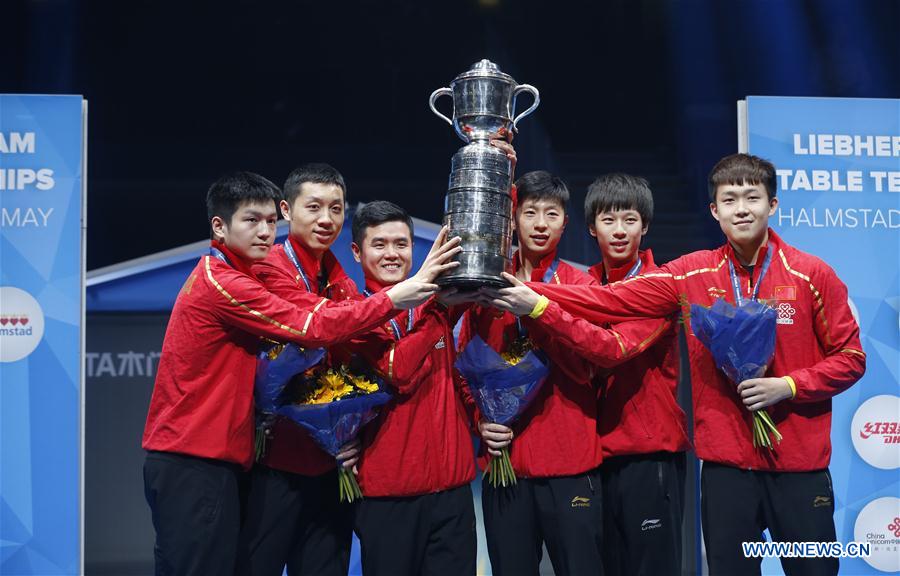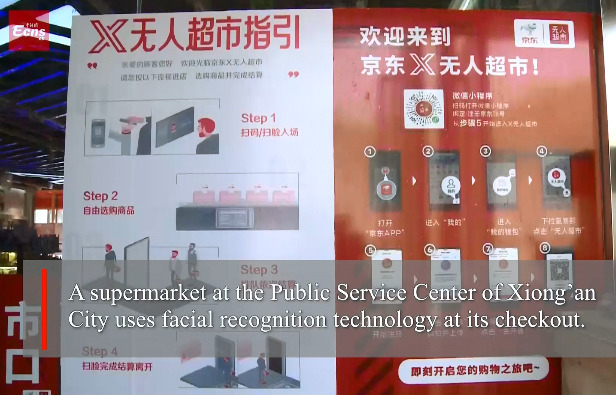Duo plan to combine algorithms, chipsets
U.S.-based chipmaker Qualcomm Inc has signed a batch of deals with Chinese companies on Wednesday, including an artificial intelligence (AI) unicorn SenseTime, as experts said that the move is aimed at achieving a better position for the giant in the AI ecosystem as an upstream player in the value chain.
The deals, signed under the ventures unit of Qualcomm, included bike-sharing provider Mobike and AI solution platform Kneron.
The SenseTime said it has agreed on a strategic partnership with Qualcomm on Wednesday that will help the Chinese company develop original AI algorithms, according to a post SenseTime said on its WeChat account.
The strategic investment from Qualcomm will play an important role in driving the evolution of mobile and on-device technology through AI, the post said.
The SenseTime believes that its original AI algorithms will take advantage of Qualcomm's chipsets to cultivate a brand new AI ecosystem.
Besides the traditional telecommunication industry, Qualcomm is entering the AI arena in the Chinese market, Claude Liu, a doctoral research fellow at the University of Manchester and former industry expert at Accenture and IBM, told the Global Times on Wednesday. "To get up to speed quickly, one shortcut is to invest in start-ups," he said.
"These companies are powerhouses in information technology, and forging partnerships with them can help Qualcomm strengthen its AI capabilities," Liu remarked.
In recent years, Qualcomm has invested in several more start-ups in China, all focused in AI and Internet of Things (IoT).
In July 2014, Qualcomm announced that it had made a commitment to investing up to $150 million in Chinese start-ups across all stages.
Experts said that its recent investments represent the implementation of the strategy developed in 2014, as the investment focus has been shifting.
"Qualcomm's performance in China has been stable," Xiang Ligang, chief executive of domestic telecom industry portal cctime.com, told the Global Times. "The chipmaker has been a supplier for Huawei, ZTE, OPPO, vivo and Xiaomi," all of which are domestic smartphone makers.
To prepare for the next wave of innovation, Qualcomm is investing beyond the traditional telecommunication sector, Xiang said.
"It used to invest in mobile Internet terminal chips. Later, Qualcomm began to work with partners in other high-technology areas such as AI, augmented reality, virtual reality, robots, unmanned aerial vehicles and IoT," Jiang Han, a research fellow at Suning Financial Research Institute, told the Global Times on Wednesday.
Furthermore, Qualcomm has chosen to invest in China because in many areas the market is maturing and consumers are starting to benefit from new developments, experts said.
"There are many innovative ideas in the public healthcare sector in China," Liu said, noting many entrepreneurs are actively working with the capital market on applying advanced technology into the services sectors.
"In recent years, Qualcomm's investment has been focused on the Internet sector and the mobile Internet industry. It has reaped major advantages," Jiang said. "The start-ups that Qualcomm has chosen are all influential in the technology industry."
"The company is also very aware of the structure of the industry value chain. For research and development, SenseTime can contribute. As for hardware manufacturing, Xiaomi can play a role. To cover the user scenario, Mobike is another partner. The entire industry chain can have a positive influence on Qualcomm," Jiang added.
"There will be competition between hardware and software and Qualcomm is trying to gain first-mover advantage in the AI game," Liu concluded.


















































